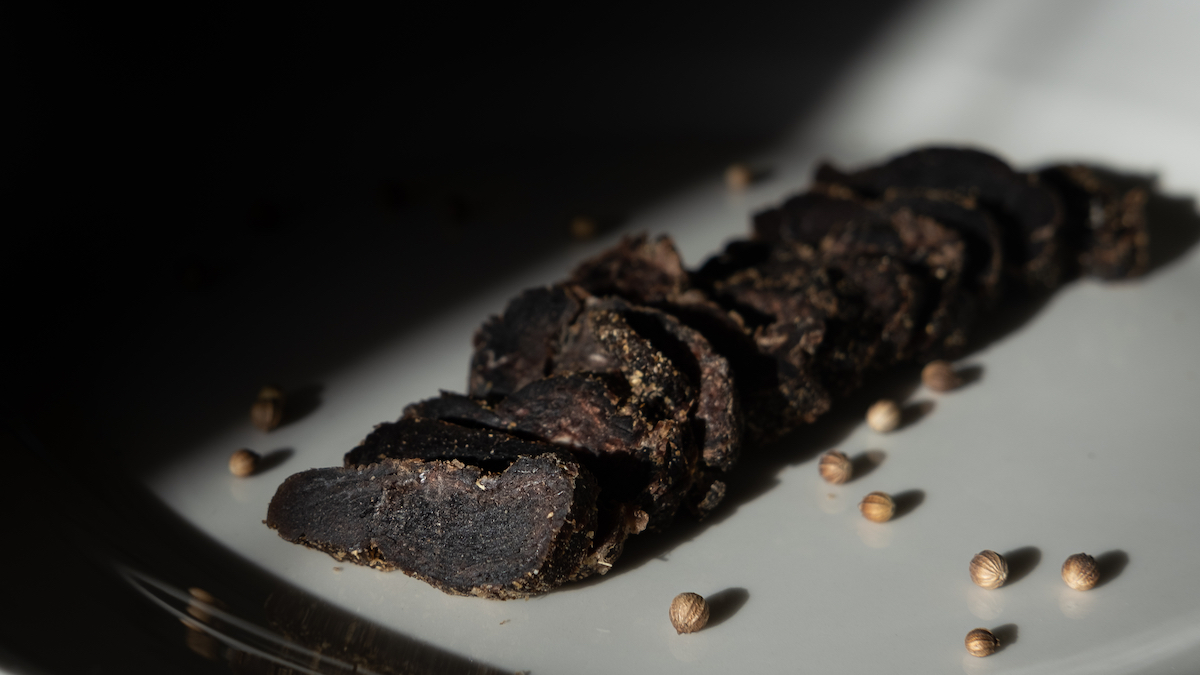premiumtix.net – Biltong, a beloved South African snack, is a type of air-dried, cured meat that has gained popularity worldwide for its unique flavor and texture. This article delves into the history, production process, and cultural significance of biltong, exploring why it has become a staple in many households and a popular choice for outdoor enthusiasts.
A History Steeped in Tradition
Biltong’s origins can be traced back to the 17th century when Dutch settlers arrived in South Africa. Facing the challenges of preserving meat in a hot climate, they adapted traditional European curing methods to create biltong. The name itself is believed to be derived from the Dutch word “bil” (rump) and “tong” (strip), referring to the original cut of meat used.
Over time, biltong evolved into a versatile and essential food source for both settlers and indigenous populations. Its long shelf life and high protein content made it ideal for long journeys and harsh conditions.
The Art of Biltong Making
The production of biltong is a meticulous process that requires careful selection of ingredients and precise techniques.
- Meat Selection: Traditionally, beef is the preferred meat for biltong, although other options like game meats (ostrich, kudu, springbok) are also used. The ideal cut is lean and tender, often from the silverside or topside.
- Curing: The meat is typically sliced against the grain and then marinated in a mixture of vinegar, salt, peppercorns, and coriander seeds. This curing process draws out moisture and inhibits bacterial growth.
- Drying: The marinated meat is then hung in a well-ventilated, dry area to air dry. The drying time can vary depending on factors like temperature, humidity, and the thickness of the meat.
- Aging: Once dried, biltong is often left to age for a few days to develop a richer flavor and texture.
A Flavor Profile Like No Other
Biltong’s distinctive taste is a result of the curing process and the combination of spices. It offers a savory, slightly tangy flavor with a hint of spice. The texture is chewy and satisfying, making it a perfect on-the-go snack.
Biltong’s Cultural Significance
Beyond its culinary appeal, biltong holds significant cultural importance in Southern Africa. It is often shared among friends and family, symbolizing camaraderie and hospitality. Biltong also plays a role in traditional ceremonies and celebrations.
Biltong’s Global Appeal
In recent years, biltong has gained popularity beyond its Southern African roots. Its unique flavor profile, high protein content, and convenience have made it a favorite among health-conscious consumers and outdoor enthusiasts worldwide.
In Conclusion Biltong is more than just a snack; it is a testament to human ingenuity and a cultural heritage. Its rich history, unique flavor, and versatility have ensured its enduring popularity, making it a beloved treat enjoyed by people around the globe.
